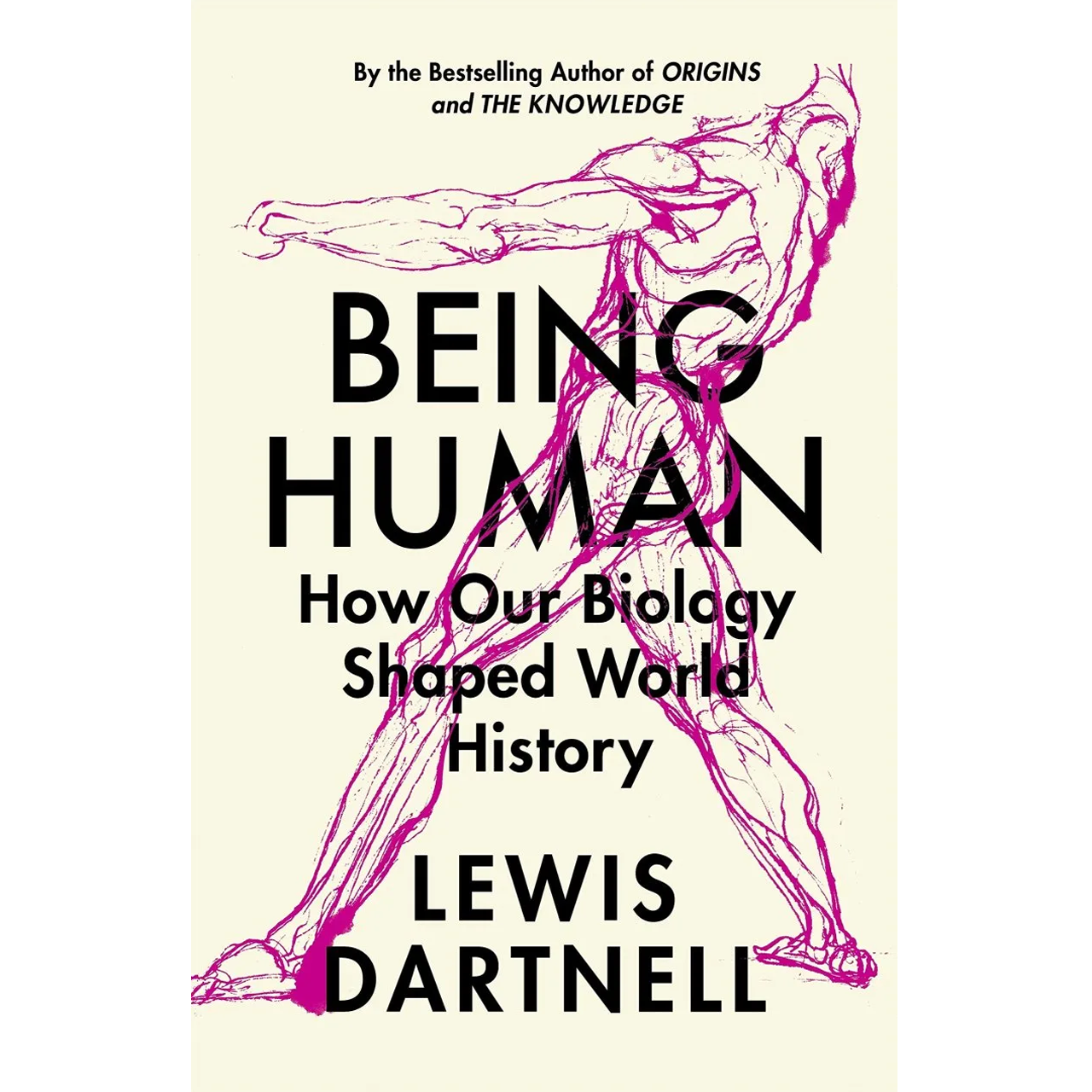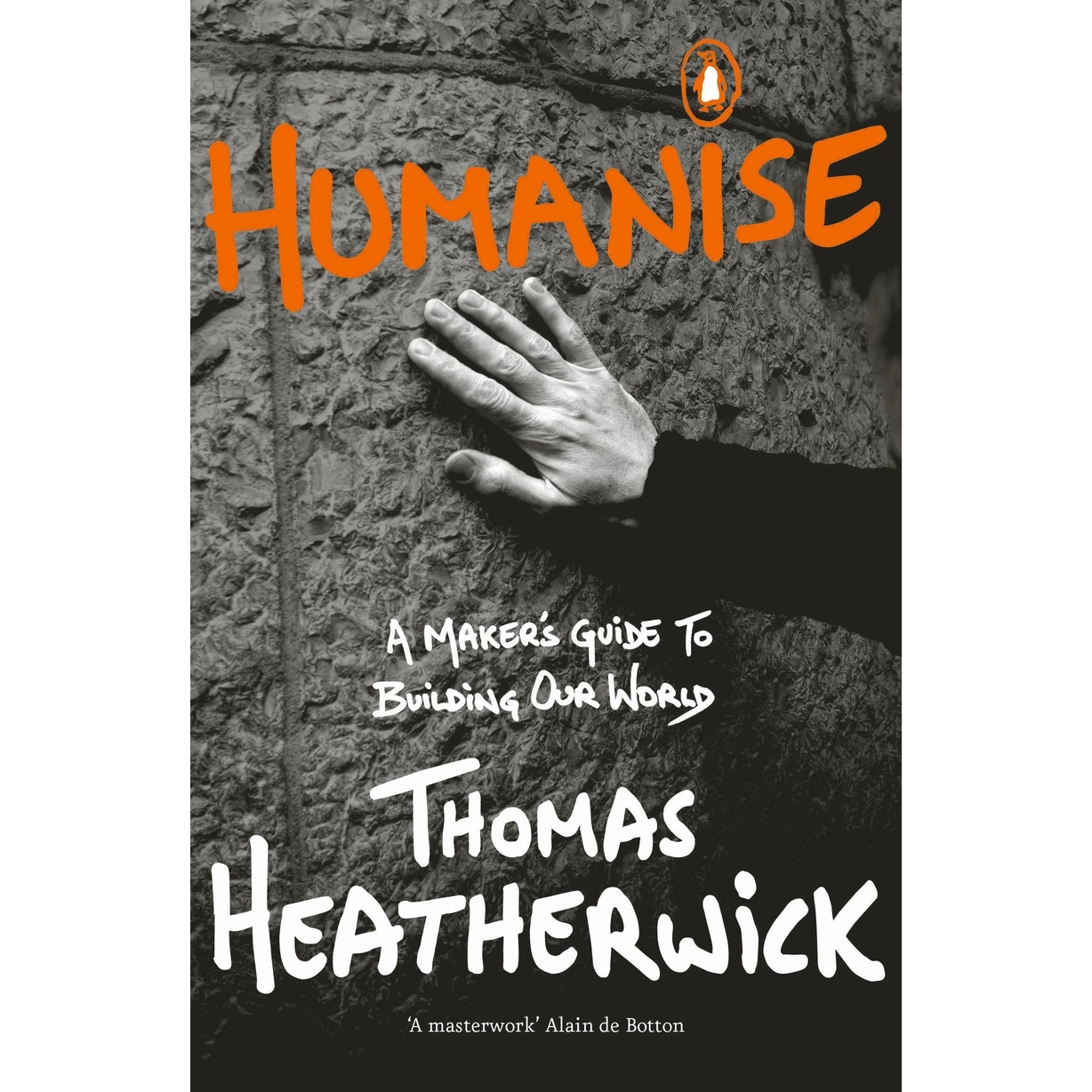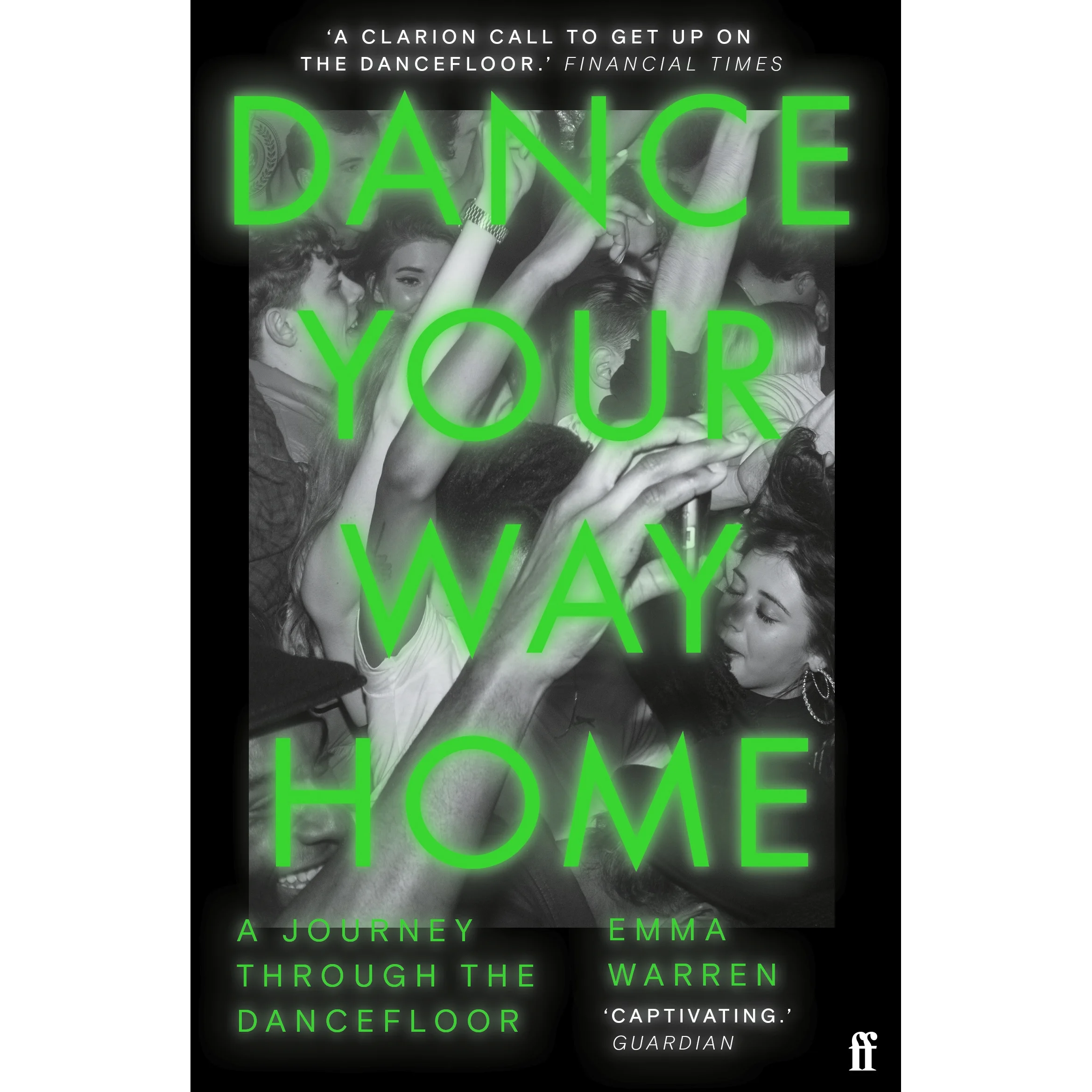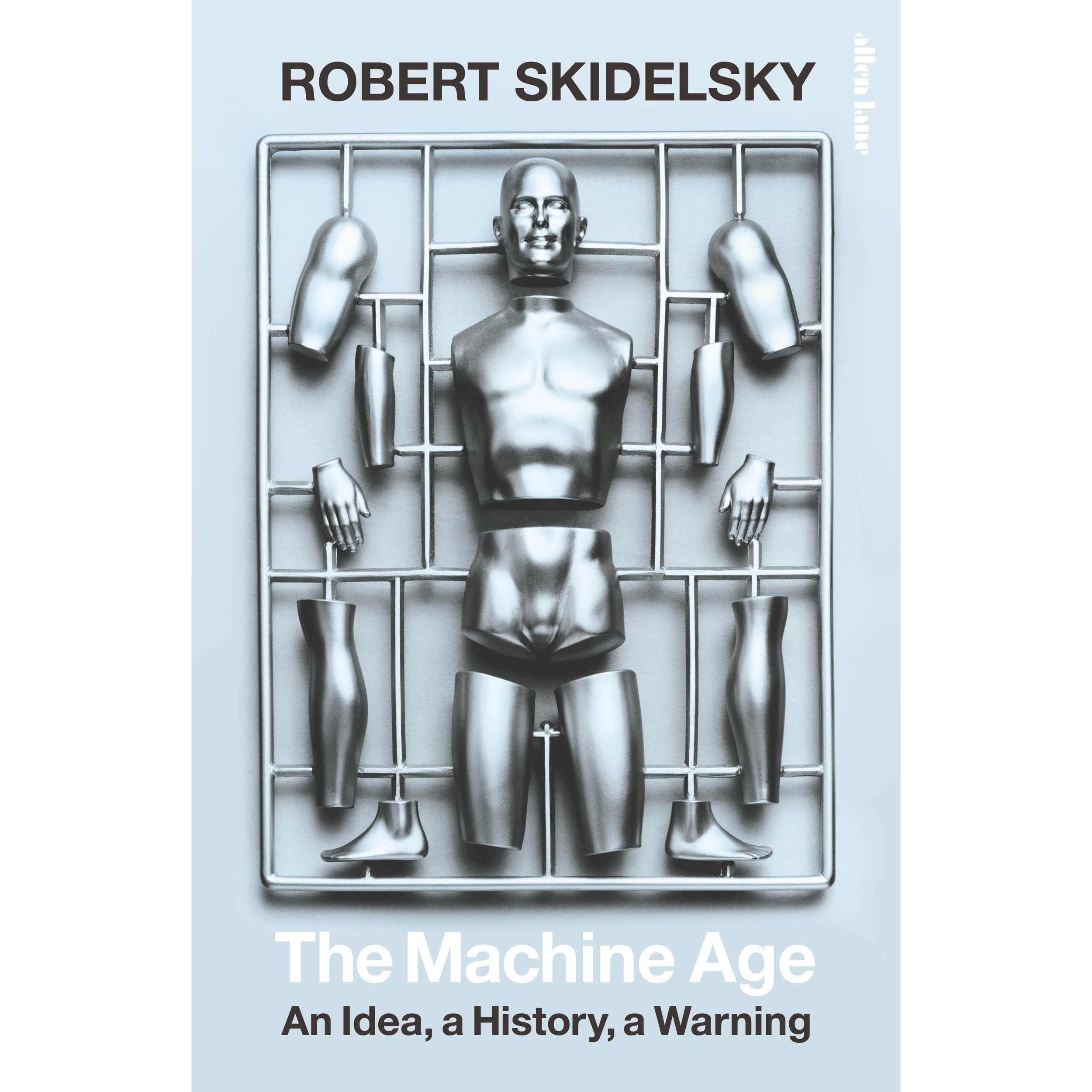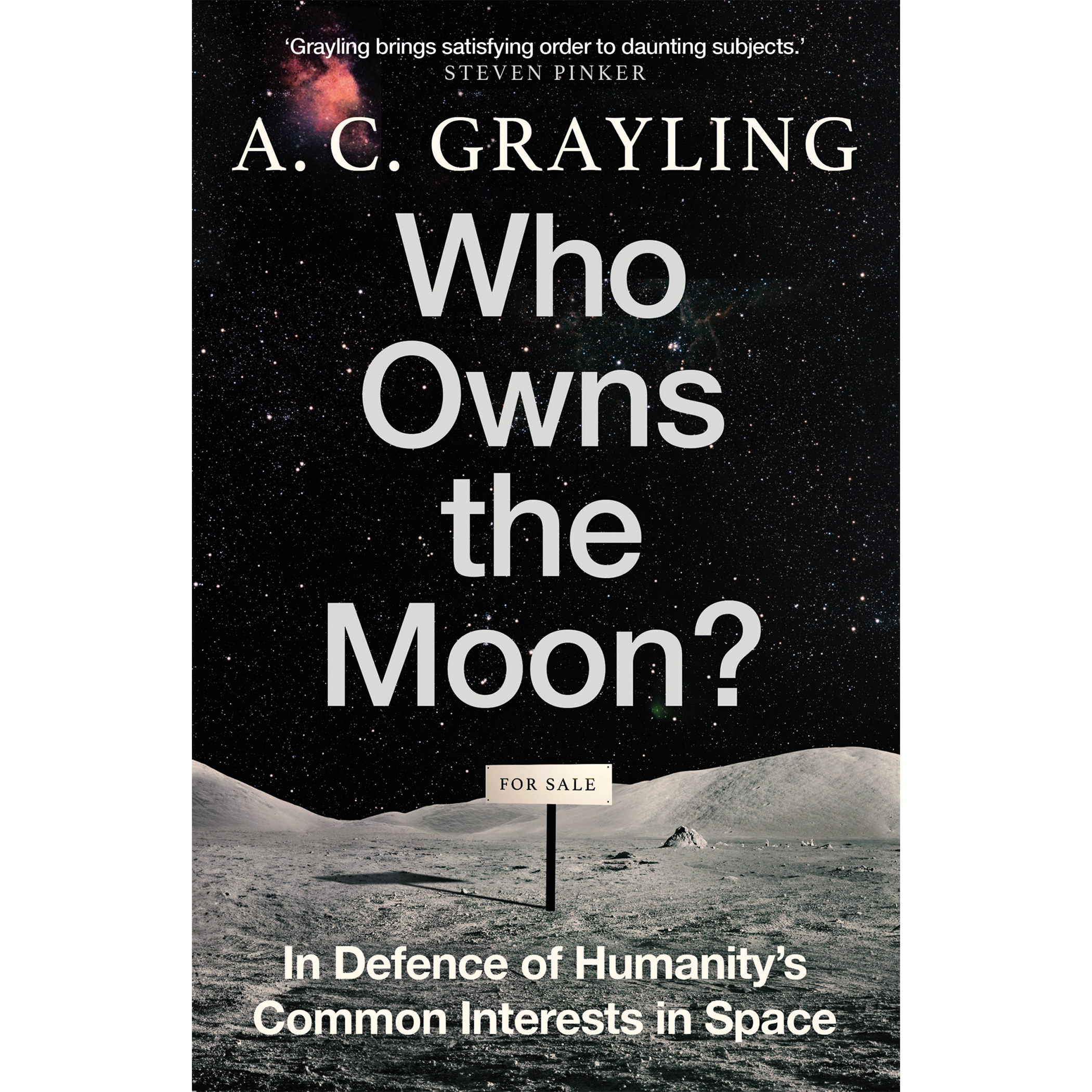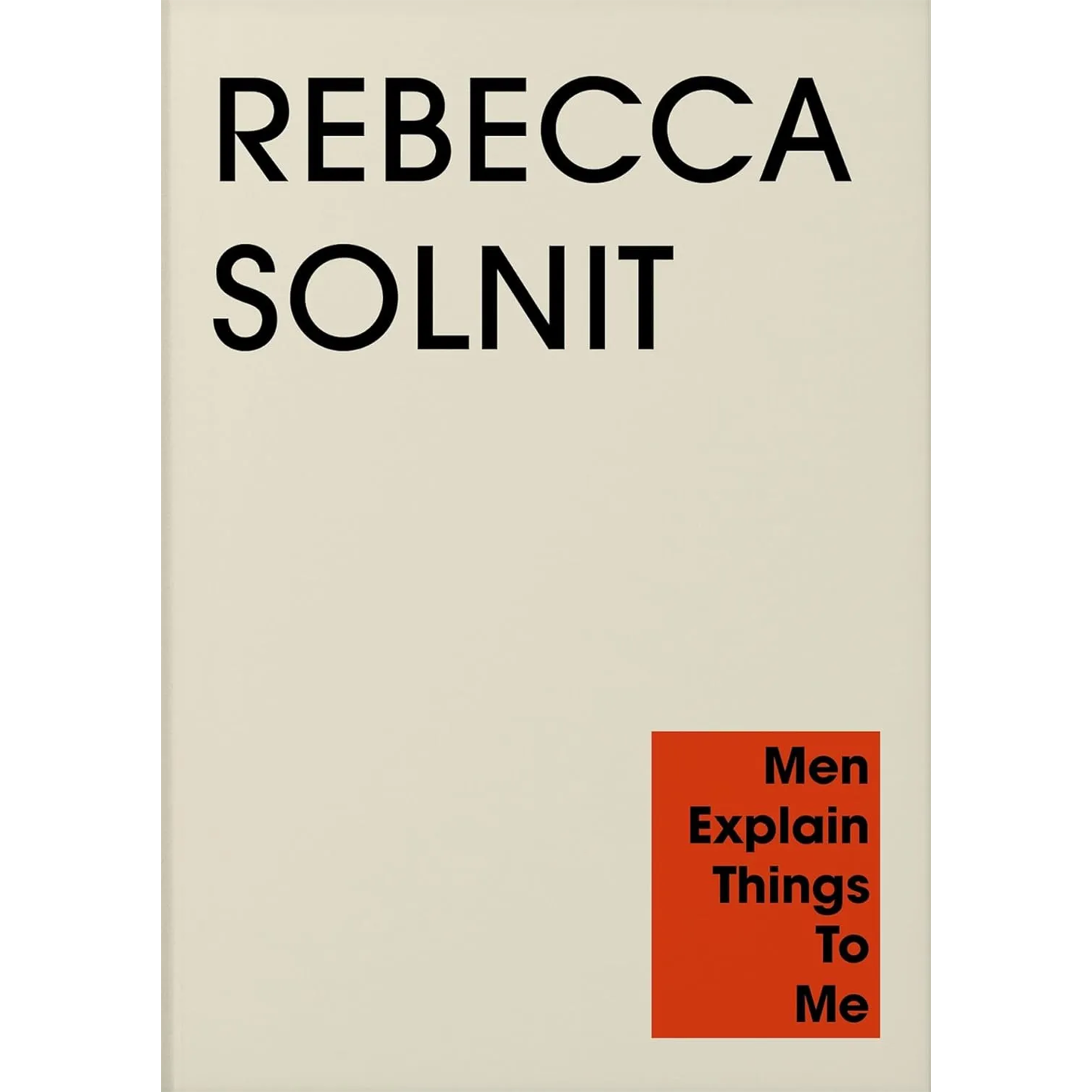Being Human
Being Human: How our biology shaped world history | By Lewis Dartnell
How did haemophilia bring down the Russian royal family? And scurvy give rise to the Mafia? We are a wonder of evolution.
Our exceptional abilities created life as we know it, but we're also deeply flawed. This extraordinary contradiction between our faculties and frailties is the essence of what it means to be human. And history has played out in the balance between them.
Here, Lewis Dartnell tells our story through the lens of this uniquely fragile nature for the first time. From cognitive biases to endemic diseases, he explores how human biology has shaped relationships, societies, economies and wars across the globe - and considers how, importantly, it continues to challenge and define our progress.
Being Human: How our biology shaped world history | By Lewis Dartnell
How did haemophilia bring down the Russian royal family? And scurvy give rise to the Mafia? We are a wonder of evolution.
Our exceptional abilities created life as we know it, but we're also deeply flawed. This extraordinary contradiction between our faculties and frailties is the essence of what it means to be human. And history has played out in the balance between them.
Here, Lewis Dartnell tells our story through the lens of this uniquely fragile nature for the first time. From cognitive biases to endemic diseases, he explores how human biology has shaped relationships, societies, economies and wars across the globe - and considers how, importantly, it continues to challenge and define our progress.
Being Human: How our biology shaped world history | By Lewis Dartnell
How did haemophilia bring down the Russian royal family? And scurvy give rise to the Mafia? We are a wonder of evolution.
Our exceptional abilities created life as we know it, but we're also deeply flawed. This extraordinary contradiction between our faculties and frailties is the essence of what it means to be human. And history has played out in the balance between them.
Here, Lewis Dartnell tells our story through the lens of this uniquely fragile nature for the first time. From cognitive biases to endemic diseases, he explores how human biology has shaped relationships, societies, economies and wars across the globe - and considers how, importantly, it continues to challenge and define our progress.

